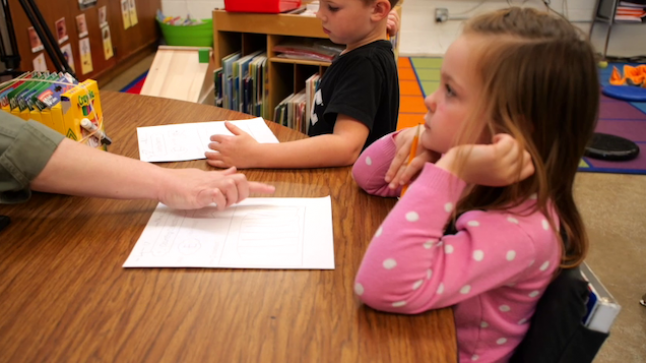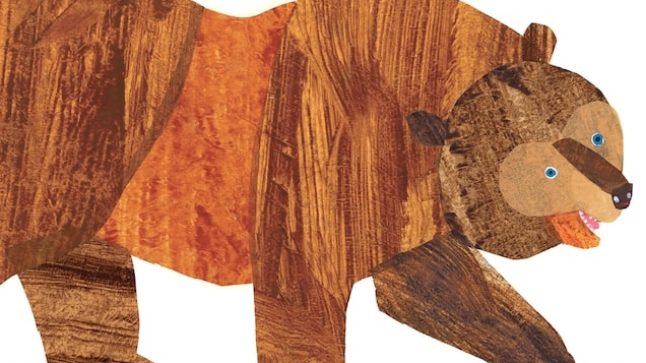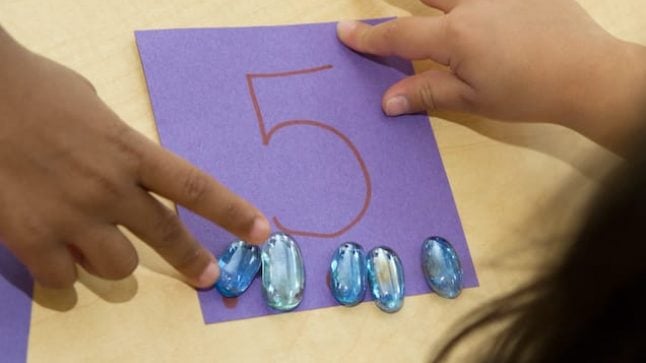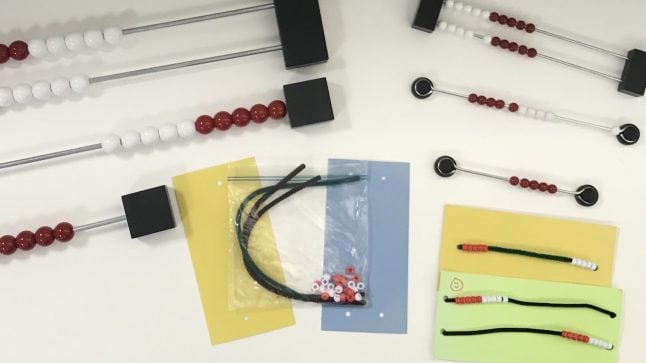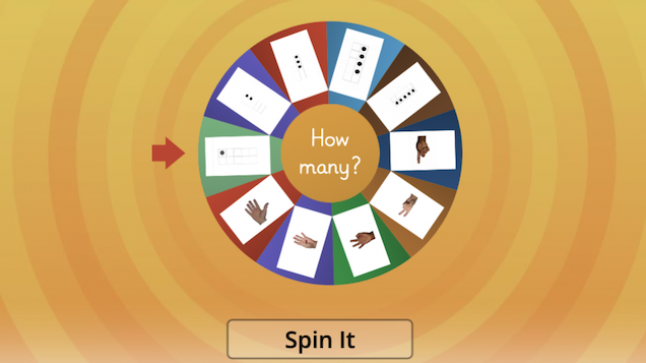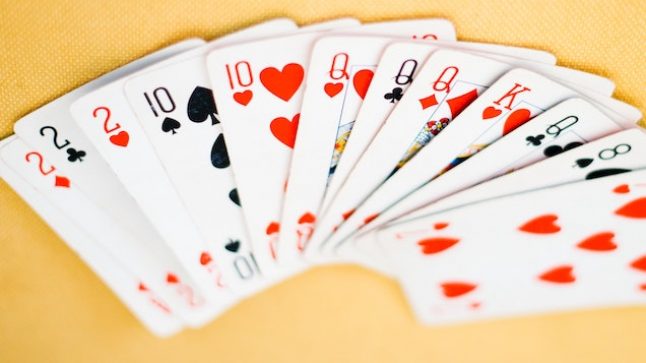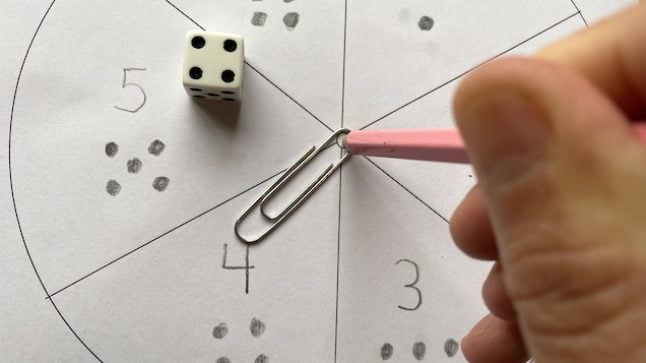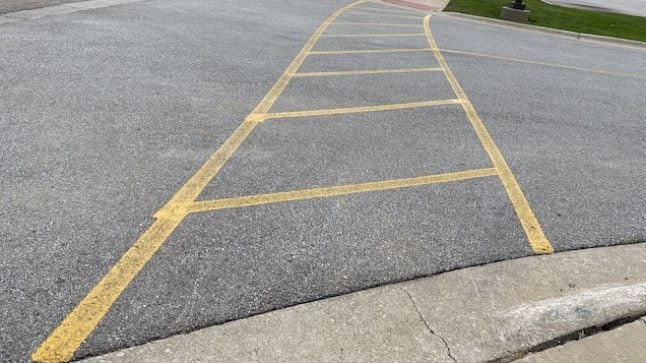Counting is a part of young children’s daily life. They love to count everything from the stairs they climb to the crackers they eat. But what is counting? What is there to be understood about it? What do most children know about counting? What more is there to be learned? Counting seems very simple; but it is really quite complex. By developing a sophisticated sense of what it is and what kind of counting we ought to emphasize in teaching, parents and teachers can better assist children with the development of those skills and mathematical thinking related to it.
© Erikson Institute’s Early Math Collaborative. Reprinted from Big Ideas of Early Mathematics: What Teachers of Young Children Need to Know (2014), Pearson Education.
There are a number of Big Ideas in counting that are foundational in early learning environments:

